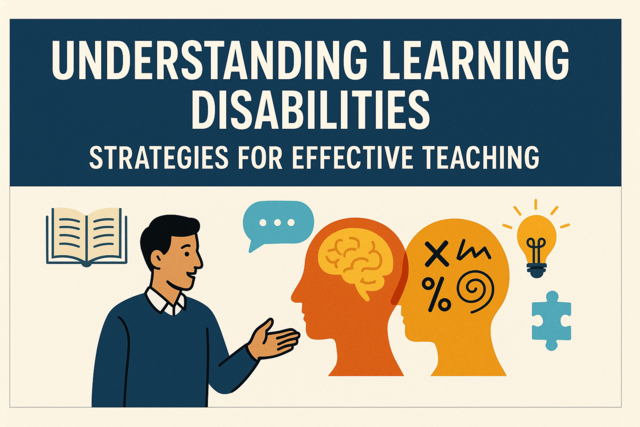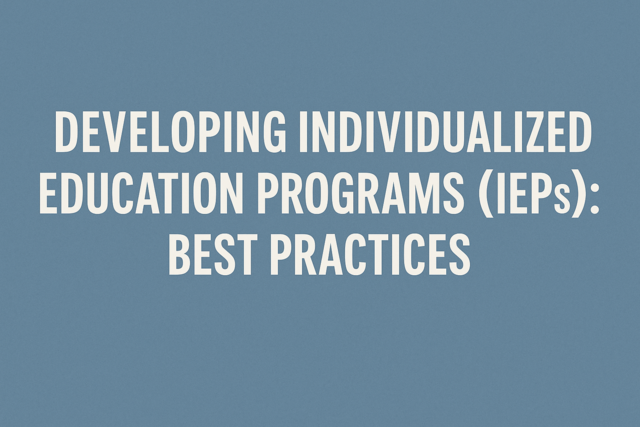Online Class: Assistive Communication Devices — Maximizing Potential

no certificate
with CEU Certificate*
-
15Lessons
-
22Exams &
Assignments -
6Hours
average time -
0.6CEUs
Course Description
Unlock the World of Communication: The Essential Journey into Assistive Communication Devices
In a rapidly evolving world where communication shapes everything we do, imagine a path that not only opens the door for all voices to be heard but redefines the very essence of interaction. Welcome to "Assistive Communication Devices: Maximizing Potential," a transformative course meticulously crafted to immerse you in the groundbreaking realm of Augmentative and Alternative Communication (AAC). This is not just a course; it is an invitation to join a movement that champions inclusivity and communication equity.
Embark on a journey that begins with tales of innovation, tracing the lineage of assistive communicative technology from its humble beginnings with simple telegraphs to the awe-inspiring advancements heralded by icons like Stephen Hawking. Here, history is not a dusty archive but a vibrant tapestry of human ingenuity and resilience. This course will paint for you a vivid picture of how these devices have not only changed lives but revolutionized societal perceptions, bridging gaps and creating a shared language of empathy and understanding.
Imagine a world where every complex thought, every intricate emotion, is given the freedom to be expressed. Through these assistive devices, a quiet transformation unfolds—where users, previously sidelined by barriers of speech and language, emerge confidently into communities that celebrate their unique voices. Feel the exhilaration as you learn how AAC systems are not mere tools but companions in empowerment, fostering self-esteem and enhancing mental well-being in profound, life-altering ways.
With a curriculum that artfully weaves storytelling and science, you will be guided through the cutting-edge innovations pushing the boundaries of what's possible: from AI-powered devices to intuitive wearable technologies that integrate seamlessly into everyday life. As you delve into these dynamic changes, you will discover how AAC systems are not just adapting to current needs but are propelling users toward a future of independent communication.
At the heart of this experience, lies the deeply personal transformation you'll undergo as you grasp the intricate dance of programming languages and user-centered design in creating AAC interfaces that reflect individual identity and cultural context. Through the expert guidance of educators and caregivers, you'll learn to craft communication experiences that are as unique as the individuals they serve, evolving with the user's journey in real time.
But the impact does not stop at the individual level. Picture an interconnected world where caregivers, educators, and policymakers rally together, fostering an inclusive atmosphere that accommodates diverse socio-economic scenarios. This course teaches you to be a part of this vital collaboration, learning to navigate the intricacies of policy development and advocacy that ensure no voice is left behind.
Your journey will also touch upon the crucial aspects of security, privacy, and personalization in AAC, enlightening you on how to design systems that honor user autonomy while maximizing communicative potential. From mesmerizing brain-computer interfaces to the subtleties of multi-language integration, this course is a masterclass in how emerging technologies are reimagining communication like never before.
And it doesn't end there. As you measure the impact of these technologies, you'll find yourself at the forefront of a revolution—equipped with the knowledge to not only assess key performance indicators but to drive forward the dialogues that matter most: complex, meaningful, and infinitely richer for the AAC users you support.
This course is a call to action, a unique opportunity to be part of something greater. You will not just learn; you will live the transformative power of communication. Enroll in "Assistive Communication Devices: Maximizing Potential" and step into a world where your influence echoes through generations, where every lesson learned becomes a cornerstone for a more inclusive future. By the end of this journey, you will not merely have knowledge—you will have empowerment, ready to transform lives and redefine communication for the better.
The time is now. Join us in this incredible exploration and craft a future where every voice can sing. Let your impact on the world begin here.
- Completely Online
- Self-Paced
- 6 Months to Complete
- 24/7 Availability
- Start Anytime
- PC & Mac Compatible
- Android & iOS Friendly
- Accredited CEUs

Course Lessons
Lesson 1. Empowering Voices Through Generations
Initially reliant on basic devices like telegraphs, assistive communication technology took a leap with Blissymbols and speech-generating advances. Led by icons like Stephen Hawking, these innovations transformed societal perceptions, highlighting the role of technology in enhancing communicative capabilities.Lesson 2. AAC Devices: A Pathway to Inclusive Communication
Beyond granting a 'voice,' AAC systems enhance users' self-esteem and mental well-being, especially for those with progressive conditions like Parkinson's. Technological innovations, including AI and wearable gadgets, continue to propel AAC systems forward.Lesson 3. From Assessment to Empowerment: The Journey of Assistive Communication
SMART goals transform communication aspirations into achievable milestones, promoting independence and confidence among users. These specific targets allow for adjustments and continuous progress monitoring, enhancing the user's effectiveness in real-world environments.Lesson 4. AAC: Bridging Communication Gaps
Understanding AAC systems empowers individuals with speech challenges to express themselves and engage with their communities more fully. This technology ranges from unaided means like sign language to high-tech devices, enhancing interaction and inclusivity.Lesson 5. Seamlessly Customizing Communication: The AAC Revolution
Programming languages like Java, Python, and Swift are indispensable tools for developing customized, intuitive AAC interfaces that reflect user preferences and needs. These technologies ensure seamless integration across platforms, adapting through real-time updates, allowing users to maintain independence while aligning communication tools with personal and cultural contexts.Lesson 6. Optimizing AAC Devices: Techniques for Successful User Interaction
Customization and integration are key in utilizing AAC devices effectively, aligning device vocabulary and settings with individual needs and interests. Collaborative partnerships and environmental adaptation enhance communication capabilities, encouraging active social participation and autonomy.Lesson 7. Enhancing Lives through AAC Education and Advocacy
A collaborative approach involving researchers, clinicians, and families is essential in developing versatile AAC devices that adapt alongside their users. By focusing on user-centered design and strategic policy development, these efforts aim to ensure broader accessibility and effective utilization across diverse socio-economic scenarios.Lesson 8. AAC Devices: Revolutionizing Expression and Interaction
AAC devices are essential in bridging communication gaps for users with speech limitations, supporting them in educational, social, and professional environments through customizable and cutting-edge technologies. They offer an inclusive platform for users to convey thoughts, express emotions, and engage meaningfully with their surroundings.Lesson 9. Empowering Communication: The Symbiotic Role of Caregivers and Educators
In maximizing the use of assistive communication devices, collaboration between caregivers and educators plays a pivotal role, as they align efforts to create a seamless integration of technology into the user's daily life. This cooperation, supported by ongoing adaptation and training, provides a cohesive framework for fostering communication independence and growth.Lesson 10. Optimizing AAC Interfaces: Multi-language and Multimodal Integration
The seamless blend of AAC devices with smart home technologies and advanced linguistic models has spearheaded a new era of independence for users, allowing them to control their environments intuitively. As AAC systems adapt through AI-driven predictions and culturally relevant symbols, they offer personalized and dynamic communication solutions that reflect the diverse needs and identities of their users.Lesson 11. AAC Device Solutions
Training and robust community support can dramatically ease the transition to AAC devices, transforming potential user apprehension into communication mastery. Incorporating gamification and user-focused learning modules can facilitate smoother proficiency and confidence in device operation.Lesson 12. Security, Privacy, and Empowerment in AAC
In exploring the intricacies of consent in AAC systems, the lesson sheds light on the importance of user autonomy and personal agency in communication. By designing devices that prioritize customization and cultural relevance, individuals can express themselves more authentically and maintain control over their communicative interactions.Lesson 13. Measuring Impact: AAC Key Performance Indicators
Assessing key performance indicators such as vocabulary growth and message accuracy is essential for the efficacy of AAC systems, providing opportunities for individuals to express complex ideas in social and professional settings. These metrics foster better communication outcomes, leading to enriched dialogues and increased autonomy for AAC users.Lesson 14. Revolutionizing Communication: The Impact of Emerging Technologies
Brain-computer interfaces and wearable technologies mark a new era in assistive communication by enabling interaction through thoughts and discreet devices. These innovations empower users with motor impairments to engage with their surroundings independently and with greater control over communicative outputs.Lesson 15. Decision Dynamics: The AAC User's Journey
Encouraging AAC users to participate in decision-making transforms routine interactions into meaningful opportunities for development and autonomy. Support networks, including family and educators, play a crucial role in nurturing these skills beyond structured settings.
Learning Outcomes
- Describe the historical evolution and key milestones of assistive communication devices from the early 20th century to present.
- Identify and analyze the impact of societal and technological advancements on the accessibility and functionality of modern assistive communication devices.
- Demonstrate the ability to distinguish between different types of AAC systems, including low-tech, mid-tech, and high-tech solutions, and evaluate their applicability for various communicative needs and environments
- Define the role of AAC technology in improving the communication abilities of individuals with speech impairments and assess its impact on their social participation and quality of life
- Demonstrate the ability to set SMART (Specific, Measurable, Achievable, Relevant, and Time-bound) communication goals tailored to an individual’s unique needs
- Describe the process of conducting a comprehensive needs assessment to identify communication challenges and opportunities for users of assistive technology
- Define the concepts of unaided and aided AAC by providing specific examples and contexts in which each is effectively used.
- Demonstrate the process of customizing AAC tools, including vocabulary and interface adjustments, to align with individual user needs and preferences.
- Define the different types of AAC devices and explain how customization enhances communication for individuals with unique needs.
- Identify key programming languages and tools used in developing responsiveness and personalization in AAC applications, and demonstrate their application by creating a simple AAC interface.
- Identify and describe the core components of AAC devices, including symbols, access methods, and feedback mechanisms.
- Define the two main categories of AAC devices, unaided and aided systems, and provide examples of each.
- Identify common barriers to AAC device adoption and propose tailored solutions to overcome these obstacles for a specific user group.
- Demonstrate mastery of lesson content at levels of 70% or higher.
Additional Course Information

- Document Your Lifelong Learning Achievements
- Earn an Official Certificate Documenting Course Hours and CEUs
- Verify Your Certificate with a Unique Serial Number Online
- View and Share Your Certificate Online or Download/Print as PDF
- Display Your Certificate on Your Resume and Promote Your Achievements Using Social Media

Choose Your Subscription Plan
No Certificate / No CEUs
This course only
| Includes certificate | X |
| Includes CEUs | X |
| Self-paced |

|
| Instructor support |

|
| Time to complete | 6 months |
| No. of courses | 1 course |
Certificate & CEUs
This course only
| Includes certificate |

|
| Includes CEUs |

|
| Self-paced |

|
| Instructor support |

|
| Time to complete | 6 months |
| No. of courses | 1 course |
Certificates & CEUs
Includes all 600+ courses
| Includes certificate |

|
| Includes CEUs |

|
| Self-paced |

|
| Instructor support |

|
| Time to complete | 12 Months |
| No. of courses | 600+ |
Certificates & CEUs
Includes all 600+ courses
| Includes certificate |

|
| Includes CEUs |

|
| Self-paced |

|
| Instructor support |

|
| Time to complete | 24 Months |
| No. of courses | 600+ |
Related Courses
-
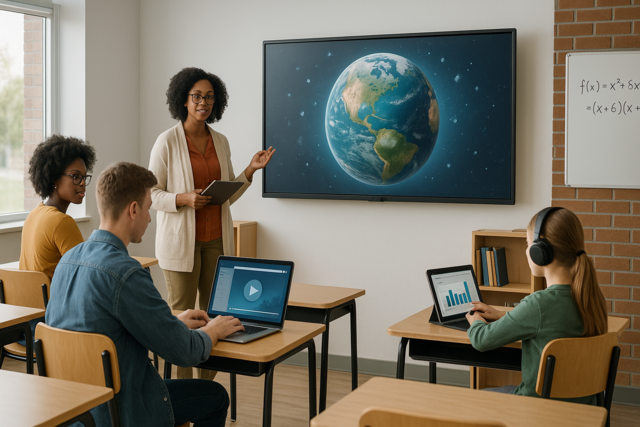 7 hours
0.7 CEUs
Blended Learning Models in Schools
+ More Info
7 hours
0.7 CEUs
Blended Learning Models in Schools
+ More Info
-
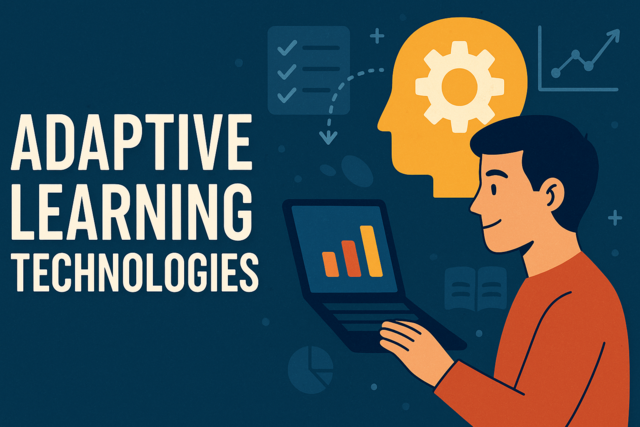 6 hours
0.6 CEUs
Adaptive Learning Technologies
+ More Info
6 hours
0.6 CEUs
Adaptive Learning Technologies
+ More Info
-
 6 hours
0.6 CEUs
Healing from Narcissism: Paths to Recovery and Healthy Dynamics
+ More Info
6 hours
0.6 CEUs
Healing from Narcissism: Paths to Recovery and Healthy Dynamics
+ More Info
-
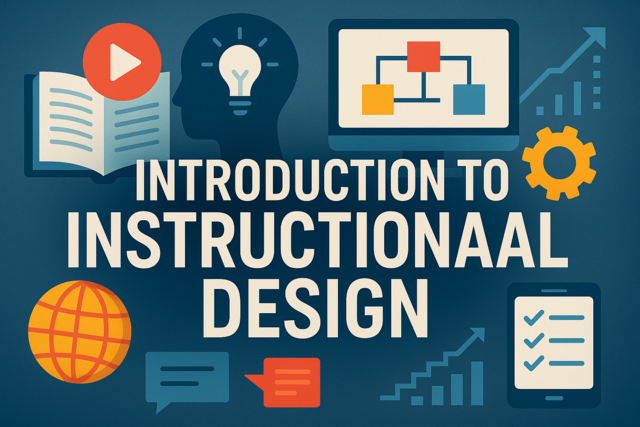 7 hours
0.7 CEUs
Introduction to Instructional Design
+ More Info
7 hours
0.7 CEUs
Introduction to Instructional Design
+ More Info
-
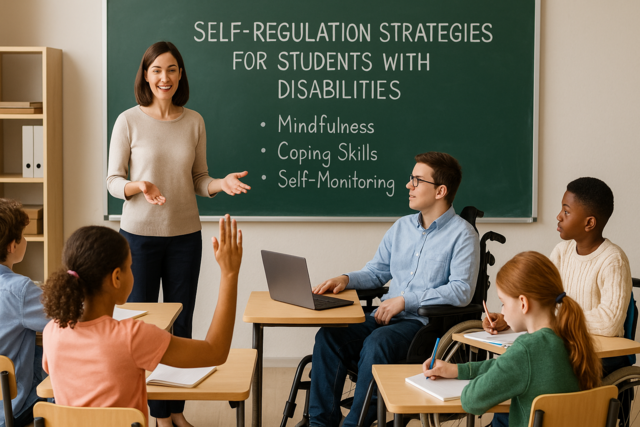 3 hours
0.3 CEUs
Self-Regulation Strategies for Students with Disabilities
+ More Info
3 hours
0.3 CEUs
Self-Regulation Strategies for Students with Disabilities
+ More Info
-
 7 hours
0.7 CEUs
The Power of Vulnerability: Authentic Connections in a Busy World
+ More Info
7 hours
0.7 CEUs
The Power of Vulnerability: Authentic Connections in a Busy World
+ More Info
-
 5 hours
0.5 CEUs
Advanced Pedagogical Techniques
+ More Info
5 hours
0.5 CEUs
Advanced Pedagogical Techniques
+ More Info
-
 6 hours
0.6 CEUs
Introduction to Data Analytics
+ More Info
6 hours
0.6 CEUs
Introduction to Data Analytics
+ More Info
-
 6 hours
0.6 CEUs
Transition Planning: From School to Adult Life
+ More Info
6 hours
0.6 CEUs
Transition Planning: From School to Adult Life
+ More Info
-
 4 hours
0.4 CEUs
Design Dynamics: The Rise of Contemporary Luxury Designers
+ More Info
4 hours
0.4 CEUs
Design Dynamics: The Rise of Contemporary Luxury Designers
+ More Info
-
 6 hours
0.6 CEUs
Flawless Finish: Understanding Details in Luxury Fashion
+ More Info
6 hours
0.6 CEUs
Flawless Finish: Understanding Details in Luxury Fashion
+ More Info
-
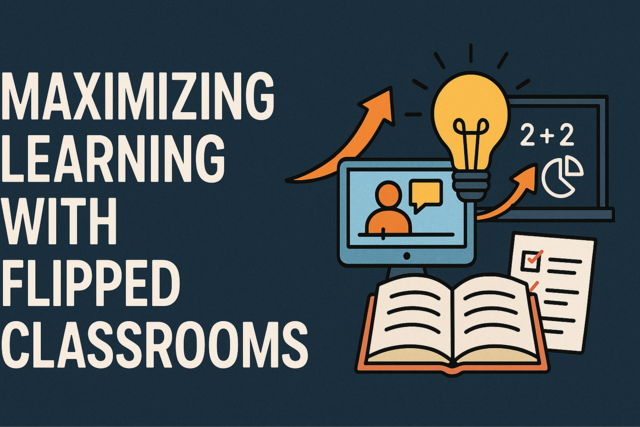 5 hours
0.5 CEUs
Maximizing Learning with Flipped Classrooms
+ More Info
5 hours
0.5 CEUs
Maximizing Learning with Flipped Classrooms
+ More Info
-
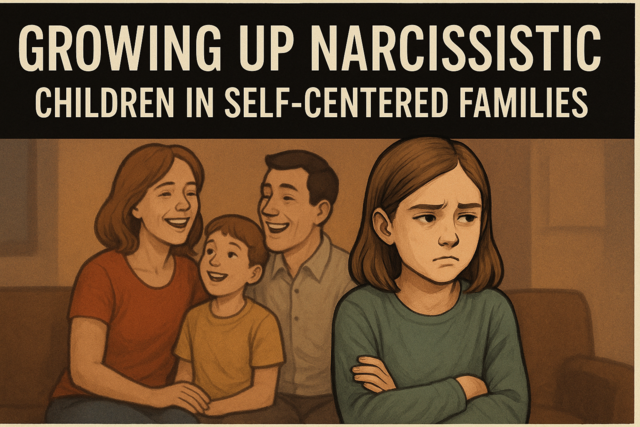 3 hours
0.3 CEUs
Growing Up Narcissistic: Children in Self-Centered Families
+ More Info
3 hours
0.3 CEUs
Growing Up Narcissistic: Children in Self-Centered Families
+ More Info
-
 7 hours
0.7 CEUs
Advanced PowerPoint Presentation Skills
+ More Info
7 hours
0.7 CEUs
Advanced PowerPoint Presentation Skills
+ More Info
-
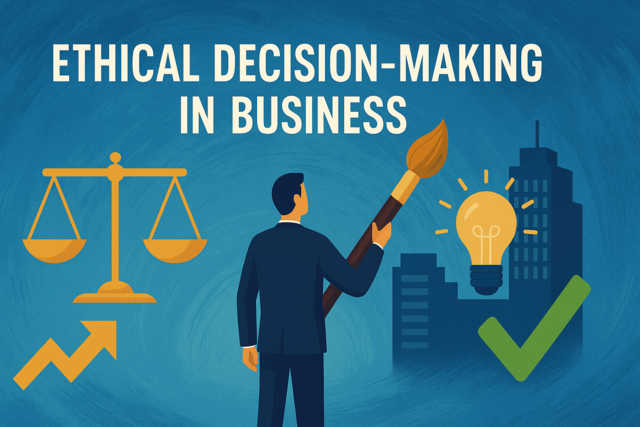 6 hours
0.6 CEUs
Ethical Decision-Making in Business
+ More Info
6 hours
0.6 CEUs
Ethical Decision-Making in Business
+ More Info
-
 5 hours
0.5 CEUs
Developing a Growth Mindset
+ More Info
5 hours
0.5 CEUs
Developing a Growth Mindset
+ More Info
-
 6 hours
0.6 CEUs
The Art of Emotional Intelligence: Building Stronger Connections
+ More Info
6 hours
0.6 CEUs
The Art of Emotional Intelligence: Building Stronger Connections
+ More Info
-
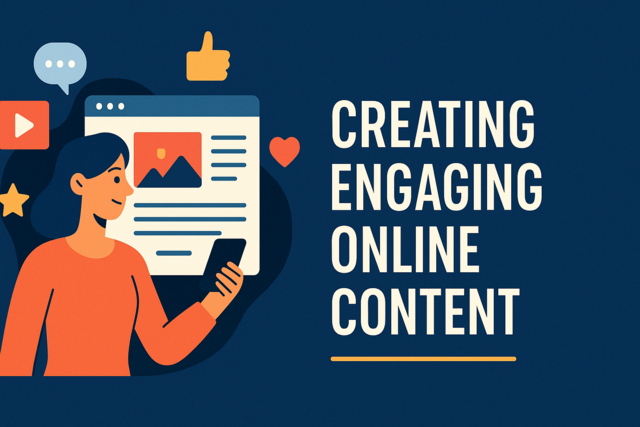 5 hours
0.5 CEUs
Creating Engaging Online Content
+ More Info
5 hours
0.5 CEUs
Creating Engaging Online Content
+ More Info
-
 7 hours
0.7 CEUs
Adapting to Change in a Fast-Paced World
+ More Info
7 hours
0.7 CEUs
Adapting to Change in a Fast-Paced World
+ More Info
-
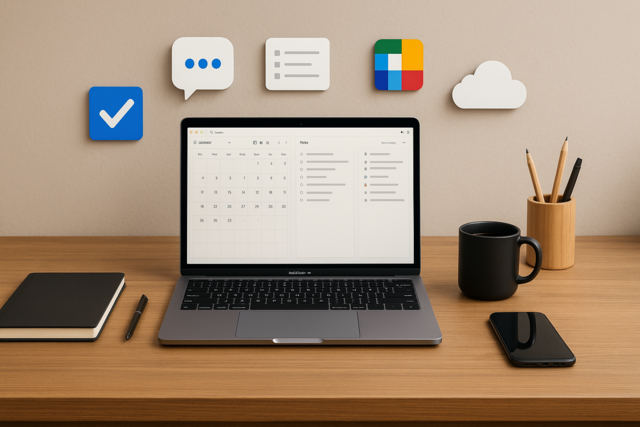 6 hours
0.6 CEUs
Productivity Tools for Modern Professionals
+ More Info
6 hours
0.6 CEUs
Productivity Tools for Modern Professionals
+ More Info
-
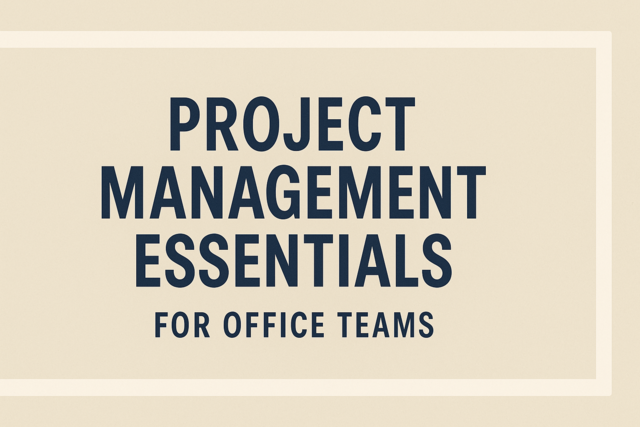 7 hours
0.7 CEUs
Project Management Essentials for Office Teams
+ More Info
7 hours
0.7 CEUs
Project Management Essentials for Office Teams
+ More Info
-
 4 hours
0.4 CEUs
Assertiveness Training for Professionals
+ More Info
4 hours
0.4 CEUs
Assertiveness Training for Professionals
+ More Info
-
 3 hours
0.3 CEUs
Synergy in Relationships: Creating a Balanced Partnership
+ More Info
3 hours
0.3 CEUs
Synergy in Relationships: Creating a Balanced Partnership
+ More Info
-
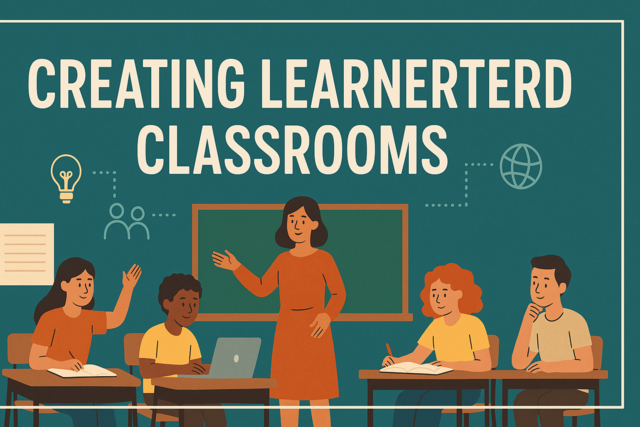 6 hours
0.6 CEUs
Creating Learner-Centered Classrooms
+ More Info
6 hours
0.6 CEUs
Creating Learner-Centered Classrooms
+ More Info
-
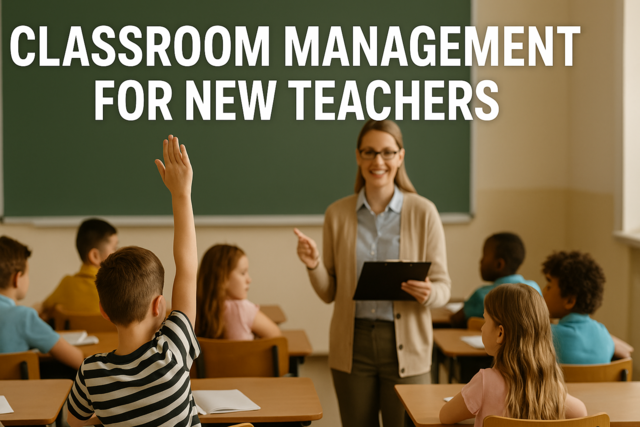 6 hours
0.6 CEUs
Classroom Management for New Teachers
+ More Info
6 hours
0.6 CEUs
Classroom Management for New Teachers
+ More Info
-
 4 hours
0.4 CEUs
Elite Ensembles: Crafting Timeless Women's Looks
+ More Info
4 hours
0.4 CEUs
Elite Ensembles: Crafting Timeless Women's Looks
+ More Info
-
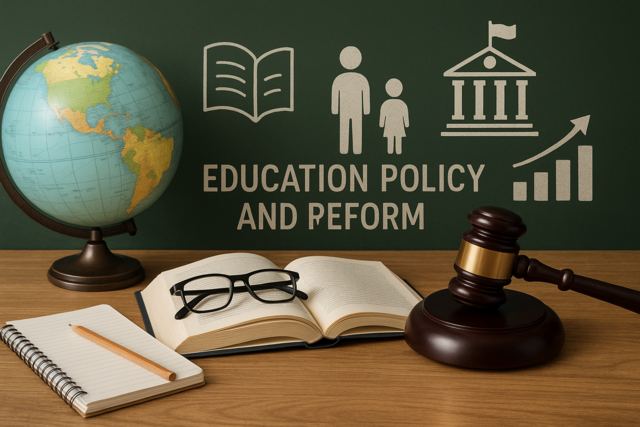 3 hours
0.3 CEUs
Education Policy and Reform: Impact and Implications
+ More Info
3 hours
0.3 CEUs
Education Policy and Reform: Impact and Implications
+ More Info
-
 4 hours
0.4 CEUs
The Love Language Challenge: Transform Your Relationship
+ More Info
4 hours
0.4 CEUs
The Love Language Challenge: Transform Your Relationship
+ More Info
-
 7 hours
0.7 CEUs
Healthy Lifestyle and Fitness Habits
+ More Info
7 hours
0.7 CEUs
Healthy Lifestyle and Fitness Habits
+ More Info
-
 7 hours
0.7 CEUs
Exploring Chakra Alignments
+ More Info
7 hours
0.7 CEUs
Exploring Chakra Alignments
+ More Info
-
 5 hours
0.5 CEUs
Mindful Mornings for Relationship Resilience
+ More Info
5 hours
0.5 CEUs
Mindful Mornings for Relationship Resilience
+ More Info
-
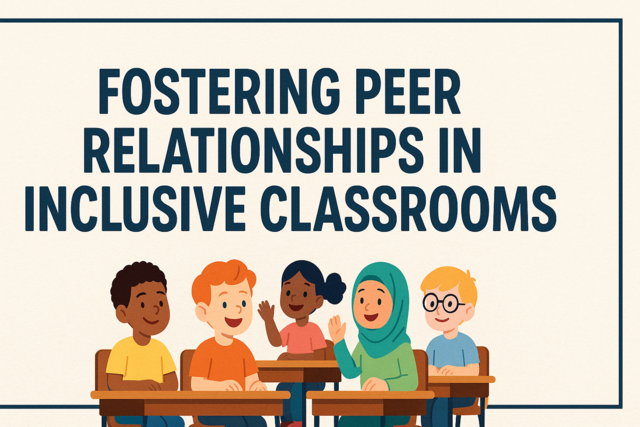 7 hours
0.7 CEUs
Fostering Peer Relationships in Inclusive Classrooms
+ More Info
7 hours
0.7 CEUs
Fostering Peer Relationships in Inclusive Classrooms
+ More Info
-
 6 hours
0.6 CEUs
Public Speaking with Confidence
+ More Info
6 hours
0.6 CEUs
Public Speaking with Confidence
+ More Info
-
 7 hours
0.7 CEUs
Parenting Partnerships: Collaborative Family Leadership
+ More Info
7 hours
0.7 CEUs
Parenting Partnerships: Collaborative Family Leadership
+ More Info
-
 3 hours
0.3 CEUs
Unseen Forces: Investigating Poltergeists and Apparitions
+ More Info
3 hours
0.3 CEUs
Unseen Forces: Investigating Poltergeists and Apparitions
+ More Info
-
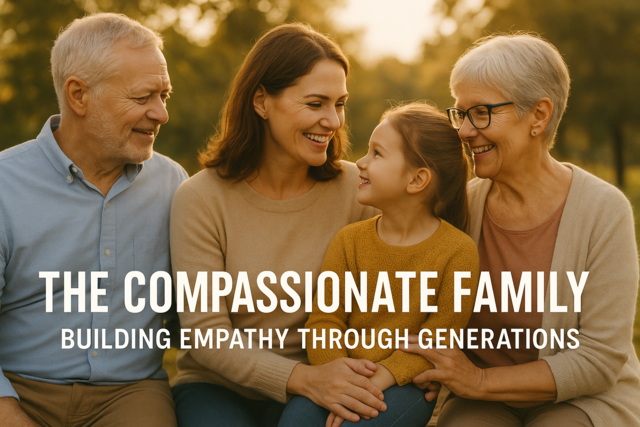 5 hours
0.5 CEUs
The Compassionate Family: Building Empathy Through Generations
+ More Info
5 hours
0.5 CEUs
The Compassionate Family: Building Empathy Through Generations
+ More Info
-
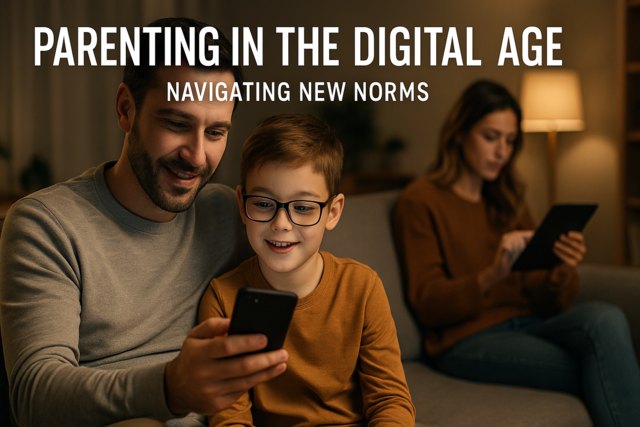 6 hours
0.6 CEUs
Parenting in the Digital Age: Navigating New Norms
+ More Info
6 hours
0.6 CEUs
Parenting in the Digital Age: Navigating New Norms
+ More Info
-
 7 hours
0.7 CEUs
The Renaissance of Relationship: Revitalizing Emotional Bonds
+ More Info
7 hours
0.7 CEUs
The Renaissance of Relationship: Revitalizing Emotional Bonds
+ More Info
-
 6 hours
0.6 CEUs
Spirit World: Communicating Beyond the Veil
+ More Info
6 hours
0.6 CEUs
Spirit World: Communicating Beyond the Veil
+ More Info
-
 5 hours
0.5 CEUs
STEAM: Integrating the Arts with STEM
+ More Info
5 hours
0.5 CEUs
STEAM: Integrating the Arts with STEM
+ More Info


